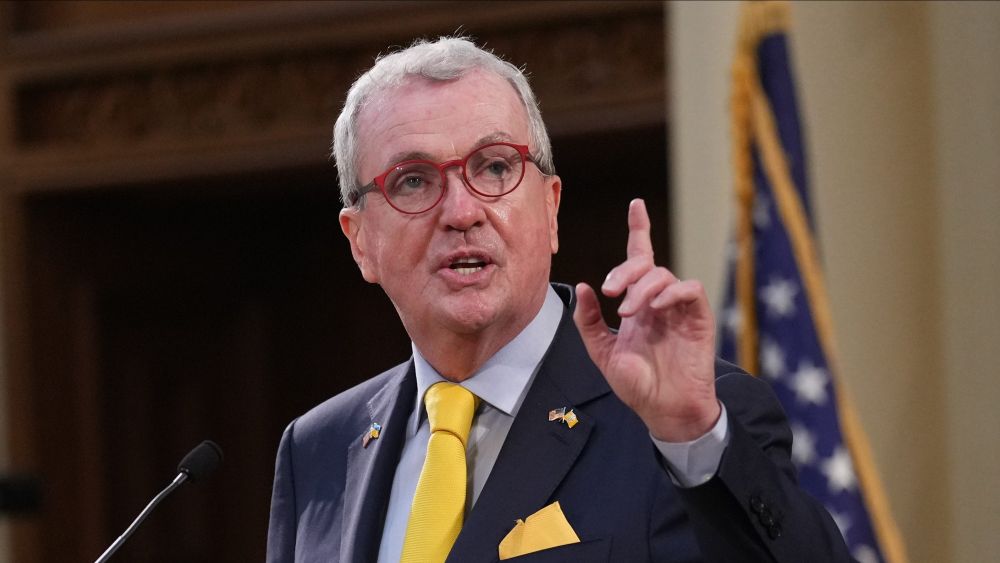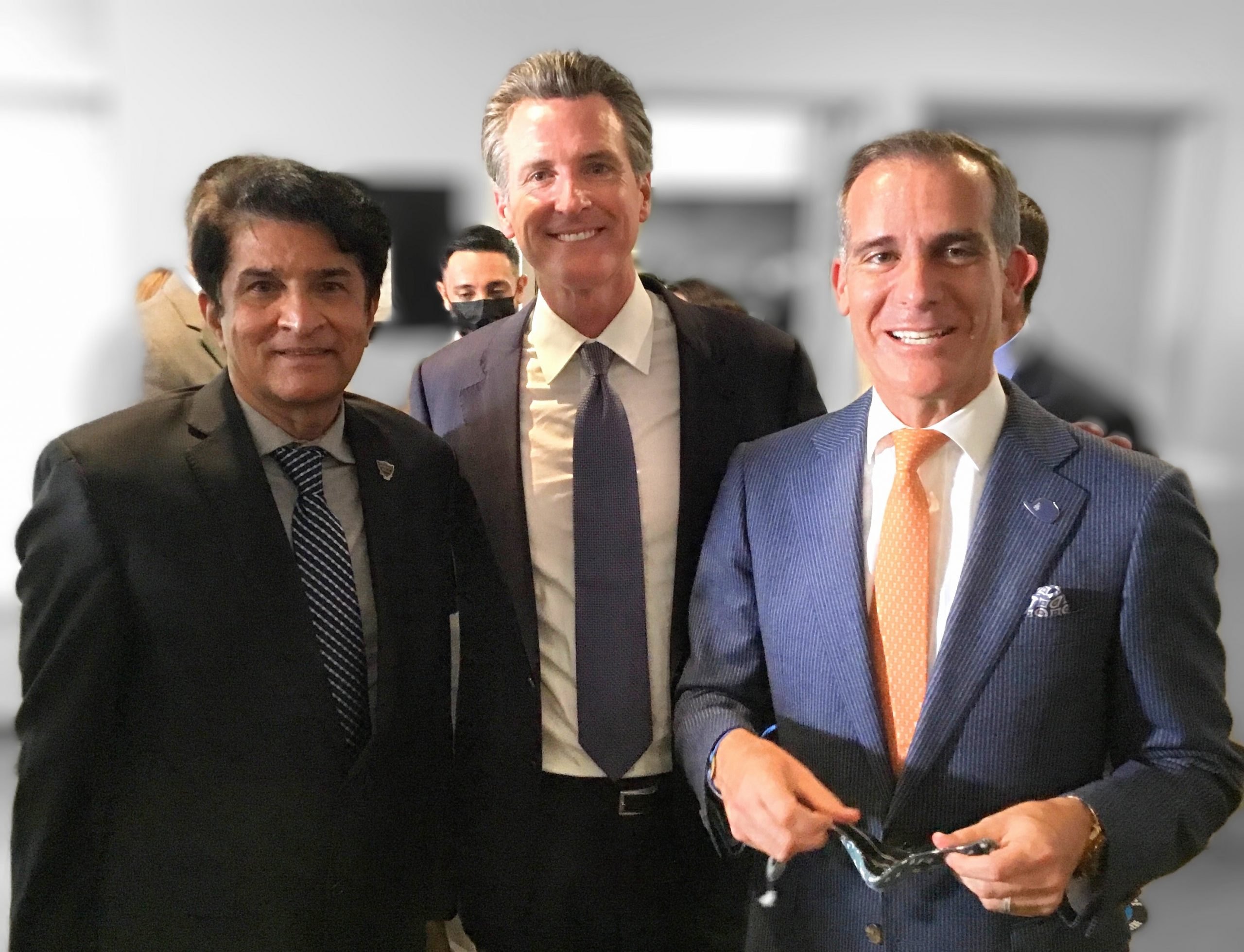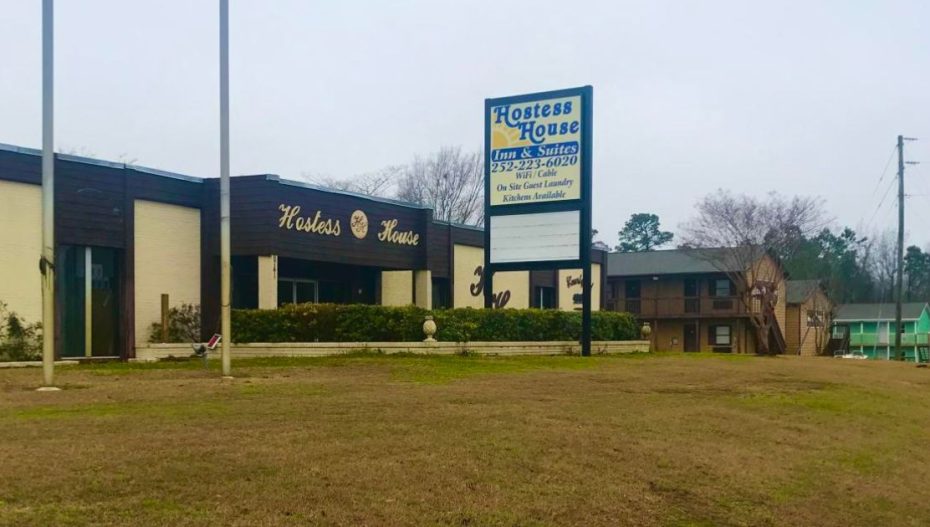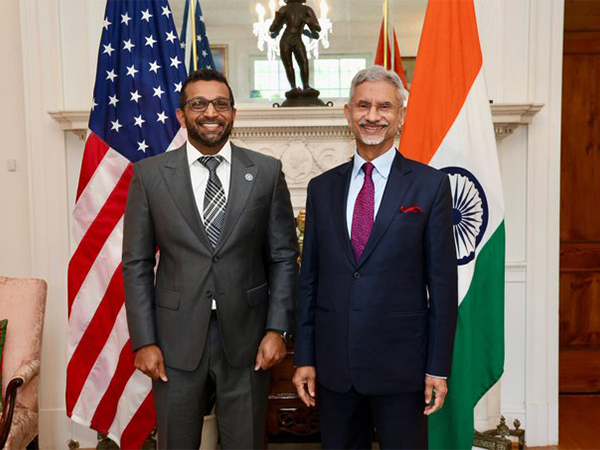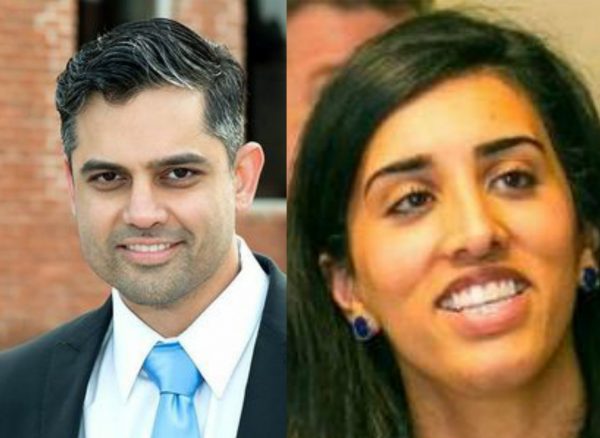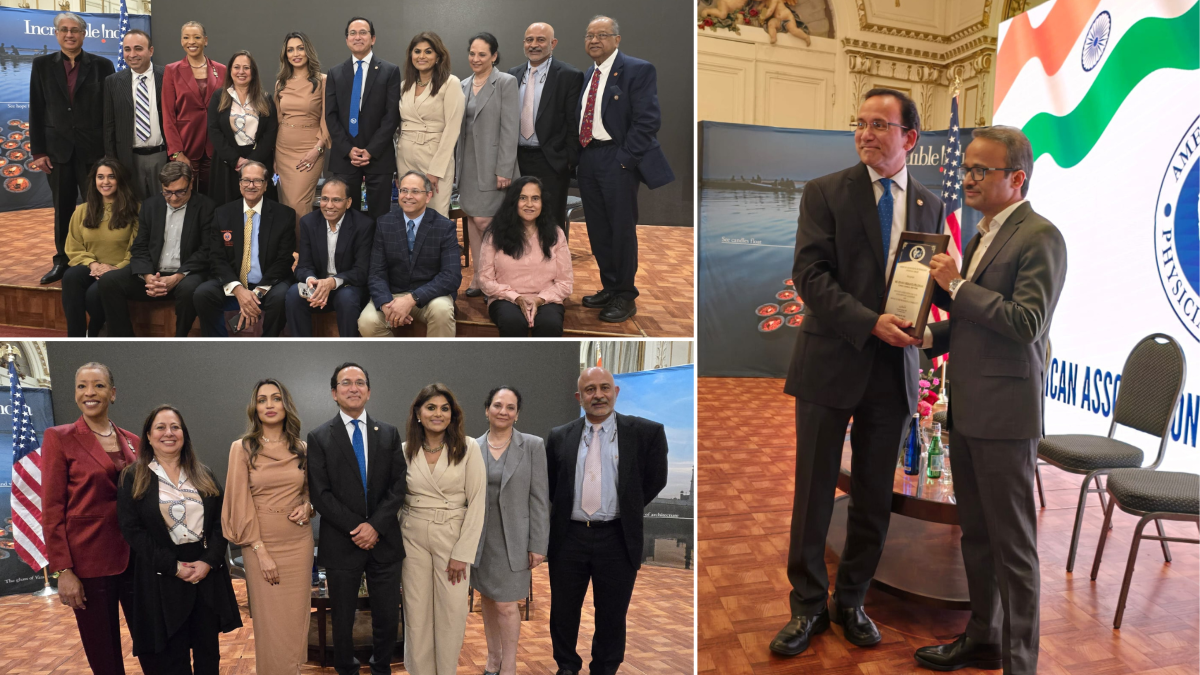$10 Billion in Crucial Funding at Risk and 700,000 New Jerseyans Could Lose Health Coverage Under Possible Federal Medicaid Cuts
Our Bureau
Westfield, NJ
Governor Phil Murphy on March 28, 2025, met with constituents whose lives would be negatively impacted by potential federal funding cuts to Medicaid – a federal-state insurance program that provides free or low-cost health care coverage and services to eligible low-income individuals and families, children, pregnant women, the elderly, and people with disabilities.
Joined by Human Services Commissioner Sarah Adelman, Children and Families Commissioner Christine Norbut Beyer, and Health Commissioner Kaitlan Baston, the Governor led a roundtable discussion at the Westfield Community Center with seven individuals who reside in New Jersey’s 7th Congressional District – which is comprised of parts of Union, Somerset, Morris, and Sussex Counties, and all of Hunterdon and Warren Counties – who rely on NJ FamilyCare to access critical health coverage and services. They were also joined by the President and CEO of Children’s Specialized Hospital, who spoke to the broad impact of Medicaid on those served by the hospital.
NJ FamilyCare provides comprehensive health care coverage to 1.8 million New Jerseyans, including children, working families, older adults, and individuals with disabilities. The roundtable discussion provided an opportunity to hear directly from those who would be most impacted by Medicaid cuts being discussed at the federal level.
The New Jersey Department of Human Services has modeled the impact of proposals put forward by Congressional leadership, and these potential changes to Medicaid could significantly reduce access to health insurance through eligibility changes or procedural barriers, affect provider pay in our health care sector that employs over 1 in 10 New Jerseyans, and diminish the range of covered benefits. The State could lose as much as $10 billion in funding – and 700,000 working-age Medicaid enrollees are at risk of losing health insurance coverage.
“The proposed Medicaid cuts by Congressional leadership are deeply alarming and completely unacceptable. For families across New Jersey, Medicaid is a lifeline offering access to essential medical services and transformational community-based supports,” said Governor Murphy. “Nearly two million of our family members and neighbors rely on federal health care programs like Medicaid. Beneficiaries are seniors, children, individuals with disabilities, and entire families whose access to health care is potentially at risk. My Administration has remained committed to supporting New Jerseyans who depend on Medicaid, and we are calling on all members of our Congressional delegation – on both sides of the aisle – to step up and do the same.”
NJ FamilyCare has an annual budget of $24 billion. The cost is shared between the State and the federal government, with $14 billion in federal funds and $10 billion in State funds. Governor Murphy has continued this commitment in his Administration’s Fiscal Year 2026 budget proposal. However, reductions in federal funding — whether through cuts to matching rates, elimination of federal support for programs, or eligibility restrictions — would jeopardize access to care, create difficult choices in provider payments, force hospitals and healthcare providers to shut their doors, and undermine the state’s public health system.
“New Jersey’s Medicaid program provides vital health coverage for nearly half of New Jersey’s children and one-third of births, and provides essential services for working families, seniors, and individuals with disabilities. These potential cuts would take this away from hundreds of thousands of New Jerseyans,” said Sarah Adelman, Commissioner of the Department of Human Services. “I’m deeply grateful to the residents who shared their stories today, stories that powerfully illustrate the simple truth that draconian Medicaid cuts under consideration are not abstract. They will impact our friends, neighbors, and family members. They will disproportionately affect children, new mothers, seniors, people with mental illness, and people with disabilities, while undermining our state’s public health infrastructure. We remain committed to doing everything possible to protect access to health care, but Congress must uphold their commitment to New Jersey families and protect this critical program.”
“DCF, like many state agencies, relies heavily on direct and indirect federal funds to support a variety of crucial prevention, intervention, and treatment programs for the children, individuals, and families we serve,” said Christine Norbut Beyer, Commissioner for the Department of Children and Families. “The proposed cuts to federal funding would mean significant cuts to children’s mental health services, threatening to collapse the Children’s System of Care at a time when demand for services is at its highest. It would reduce funding for child protection caseworkers and child abuse investigations making New Jersey less safe for vulnerable children and struggling families. The health and safety of New Jersey’s children is truly at stake.”
“Medicaid makes all of us healthier and safer, and every New Jersey family will be hurt if millions of Medicaid dollars are taken away from us, regardless of whether they’re directly enrolled in this life-saving program,” said Kaitlan Baston, MD, MSc, DFASAM, Commissioner of the Department of Health. “When we talk about Medicaid cuts, we aren’t talking about numbers in a budget document. We’re talking about a program that touches every aspect of public and private health care. Each dollar withheld from New Jerseyans means lost jobs, closed hospitals, price hikes for health services, and more people dying early from preventable diseases.”
Health care services provided by NJ FamilyCare include doctor visits, eyeglasses, hospitalization, lab tests, X-rays, prescriptions, regular check-ups, mental health, dental, preventive screenings, autism services, community doula services, and help with personal care needs. These services may include both health care and long-term care services that enable people with complex needs to live fully in the community in their own homes, or in a facility relying on 24/7 nursing and medical attention. Some services are designed to help individuals with disabilities live safely and independently in the community through direct support professionals, day habilitation programs, supported employment, behavioral supports, and more.
The event featured the following individuals:
Dr. Matthew B. McDonald III, President and CEO, Children’s Specialized Hospital (Mountainside, NJ): Matthew B. McDonald, III, MD, is the President and CEO of Children’s Specialized Hospital (CSH). CSH is a nationally recognized hospital serving over 44,000 patients with Special Healthcare Needs and employing 1700 people across 15 locations. CSH is part of the RWJBarnabas Healthcare system, the largest provider of charity care and care to Medicaid beneficiaries in the state of NJ.
Shaaina Nasser (Mountainside, NJ): Shaaina Nasser is the primary caregiver to her 13-year-old daughter Sakina who was born with Antley-Bixler Syndrome, a rare condition with only 70 reported cases worldwide. Medicaid enables Sakina’s residential care at Children’s Specialized Hospital, a pediatric nursing facility, and helps her family afford critical medication. With a tracheostomy, g-tube, and vagus nerve stimulator, Sakina requires ongoing medical care. She also lives with Craniosynostosis, Epilepsy, and is legally blind and hearing impaired. As Sakina’s primary caregiver, Shaaina is intimately involved in her daily life, managing her complex medical and non-medical needs.
Katherine DeLuca (Flemington, NJ): Katherine DeLuca and her husband Jason are the guardians of Jason’s older sister Jessica, an intellectually and developmentally disabled adult with a severe form of epilepsy called Lennox Gastaut Syndrome. Jessica receives services through the Community Care Program (CCP), which utilizes Medicaid federal matching funds to assist beneficiaries with receiving daily nursing care in their home or the community and avoid institutionalization.
Carolyn “Bonnie” Hawkins (Basking Ridge, NJ): Carolyn “Bonnie” Hawkins is a senior living in Basking Ridge. Medicaid allows her to access affordable health care.
Donald Neunert (Fanwood, NJ): Donald Neunert is an adult with intellectual and developmental disabilities, and he is a self-advocate. He is a proud resident of the Fanwood Group Home at the Arc of Union County, where he receives Medicaid-funded supports and services.
Peter Philips (Far Hills, NJ): Peter Philips is the father of two adult children with intellectual disabilities – Peter Jr., age 51, who resides in a group home in Branchburg, NJ, and Elizabeth, age 46, who resides in Bedminster, NJ, and receives self-directed services in her home. Medicaid enables Peter and Elizabeth to access care and supports in the settings that best fit their individual needs.
Edith “Lee” Waldron (Netcong, NJ): Edith “Lee” Waldron is insured through Medicaid and relies on the program to access critical medication and mental health services through the Mental Health Association of Essex and Morris and the Integrated Case Management Services (ICMS) program.
















